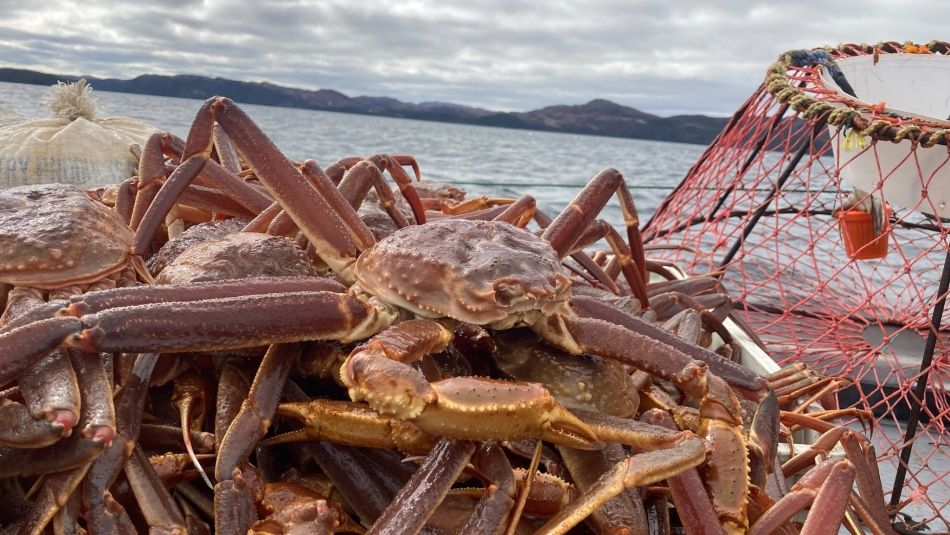
Share
With an agreement reached, the snow crab tie-up ended on Friday and a fishery is now underway in most areas of the province. The secured agreement is a formula structure that guarantees a lowest minimum price of 2.20 per pound with incremental increases as the Urner Barry market price increases.
“To say we are no better off than when the Panel price came out is incorrect. The final offer selection process didn’t give harvesters a formula. But the Union did. Our members’ solidarity did. The value we’ve protected here is extremely important and cannot be overstated,” says FFAW-Unifor President Greg Pretty.
Since the Panel price was selected, the Urner Barry market price dropped over one dollar per pound, meaning, if basing on the Panel’s original decision, the price would warrant another significant drop below that of 2.20.
“That value was protected in this agreement, and any potential increases to the market price will be captured for harvesters in guaranteed price increases,” Pretty explains.
The crab fishery supports over 7,500 direct jobs and was worth over 1 billion dollars in 2022. With the current market situation, harvesters are expected to have a significant reduction in income this year and enterprise bankruptcies are anticipated around the province.
“People are back to work but that doesn’t mean our work here is done – not by a long shot,” Pretty says. “We’re encouraged by the Premier’s willingness to work with the parties to improve this system so that our province is never in this situation again. We’re looking forward to getting started on that process sooner than later,” he says. “On a federal level, a lot of people are still going to need help this year and we need our Newfoundland and Labrador MP’s to speak out on their behalf and get them the commitments they need for peace of mind,” Pretty says.
“We have a lot of people facing income reductions this year, all stemming from the economic implications of COVID-stimulus spending and the impending crash we’re all currently living through. These are prime producers – they are important to our economy, and they need support. They’re going to need help with their EI this year, and they’re going to need help making sure they’re still around this time next year. That’s going to a primary focus for us in the coming weeks,” Pretty concludes.
Courtney Glode
FFAW-Unifor
@email
709-743-4445


